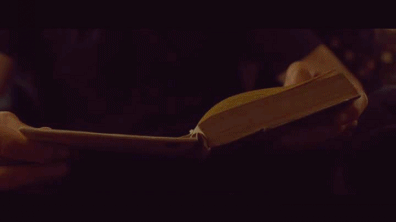Paul Whybrow
Full Member
I came across a reference to Sturgeon's Law, which has made me more philosophical about getting worked up when I read a book that is so bad that I can't believe it got published.
Apparently, someone commented to the noted science fiction writer Theodore Sturgeon, that ninety percent of sci-fi was crud, to which he retorted, "But, 90% of everything is crud."
Sturgeon's law - Wikipedia
For me, a book needs to be a key that opens something within me. If the teeth don't line up with the tumblers of my soul, then I reject it...though, it may unlock doors for other readers. As the old saying goes, 'One man's trash is another man's treasure.'
It's still a shame that many best-selling books are so badly written!
Best keep my book throwing skills intact....

Apparently, someone commented to the noted science fiction writer Theodore Sturgeon, that ninety percent of sci-fi was crud, to which he retorted, "But, 90% of everything is crud."
Sturgeon's law - Wikipedia
For me, a book needs to be a key that opens something within me. If the teeth don't line up with the tumblers of my soul, then I reject it...though, it may unlock doors for other readers. As the old saying goes, 'One man's trash is another man's treasure.'
It's still a shame that many best-selling books are so badly written!
Best keep my book throwing skills intact....

